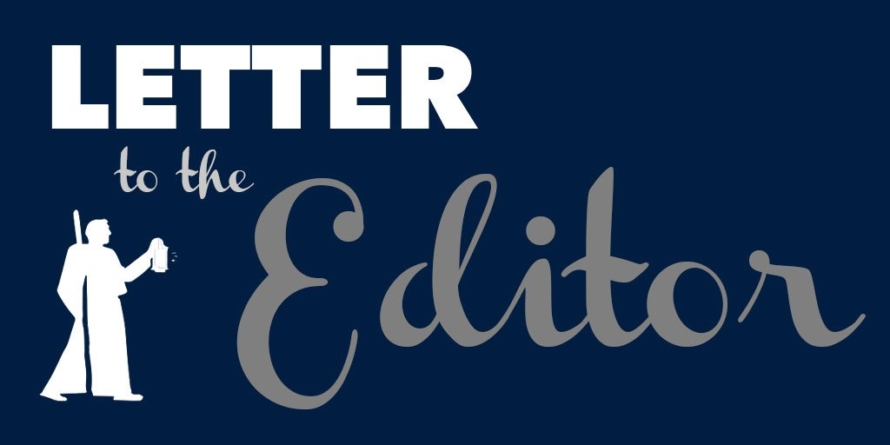Be wary of those who want to deceive us for political glorification
Dear Editor,
As we approach the 2020 elections, politicians and their supporters will be making various sorts of arguments to demonstrate why they should be elected to govern Guyanese society. Some will make good presentations as to why they would be the ‘best’ choice, while others will rely on rhetorical tactics to persuade people not to vote for a particular candidate or party that could otherwise be a better choice for society. However, if we are not careful about whom we support and why, we can become mere pawns for the gains of others.
In a democracy, the beliefs of politicians and the beliefs of the citizenry are intricately entwined. More importantly, the latter is what determines the power structure of society, along with what values or principles should be endorsed. If society is governed by people who, arguably, possess unwarranted beliefs, it is because the citizenry became convinced by the arguments in support of those beliefs. Thus, I wish to extend a few suggestions to the Guyanese electorate on how to detect bad arguments often presented by politicians, and how to avoid being lured into supporting political propaganda that aims to deceive.
I consider a ‘bad’ argument as one that relies on faulty logic to prove something as ‘true’ which could otherwise be false. Bad arguments are based on faulty premises to support a conclusion. If there are false premises, then the truth of the conclusion must be false, or perhaps subject to doubt. We should be cautious about how arguments are constructed by carefully examining the premises upon which they rest, and to challenge the conclusions they produce to determine whether the conclusion itself follows reasonably from the premises given.
In what follows, I examine two types of bad reasoning politicians often resort to during their campaign trail, the ad hominem and false equivalence arguments.
First, the ad hominem argument. This is a very old trick that seeks to undermine a person’s character or personhood in order to dodge addressing an argument made. For example, John Smith presents several reasons why future oil revenues should be heavily invested in the education sector. But Mark Khan, his opponent, believes otherwise, that it should be directed with urgency into the security sector. John does not deny the importance of investing in the security sector and offers a compromise. Mark, however, wants no compromise, so he instead focuses on John’s prior occupation as the Minister of Education who, supposedly, squandered funds in several controversial projects. What Mark wants is to undermine John’s integrity rather than address John’s argument for why the education sector needs special priority.
How should one not get caught up with ad hominems? The best strategy is to remain focused on the arguments being made by both sides. Although one side may be subject to controversy or integrity issues, that matter should be addressed separately from the arguments presented on a specific matter, since such arguments could have relevance and merit.
Lastly, the portrayal of a false equivalence. Consider two candidates are leading the polls. But a close friend tells you, “They are both terrible candidates who are really two sides of the same coin.” The question is, are they really the same? The chances are less likely to not likely at all. For both candidates to be of the same coin, both must have committed some atrocity or horrid act that warrants equivalency. For example, both candidates might have committed a horrible act of murder. But when the comparison is not that clear cut, there is a false equivalence argued. Consider that John was caught at the seawalls littering, but Mark was convicted for murdering his wife. Surely, these two acts, though wrong for some moral or legal reason, are not equivalent by any measurement. More importantly, who would you prefer managing and representing the State’s affairs if it comes down to John or Mark?
How to avoid false equivalences? Usually, comparisons among opponents are motivated by a moral claim of superiority or purity, or some superficial position that’s construed but fails to unpack why Person ‘A’ is just as worse as Person ‘B’. But with a little attentiveness, and carefully assessing the subjects in question can help to determine whether the moral equivalence claim is warranted or not—sometimes a very tricky task among public figures, undoubtedly.
Heeding these suggestions will help immunise us from bad reasoning, and to be wary of being ensnared by those who want to deceive us for political glorification.
Yours faithfully,
Ferlin F. Pedro






















